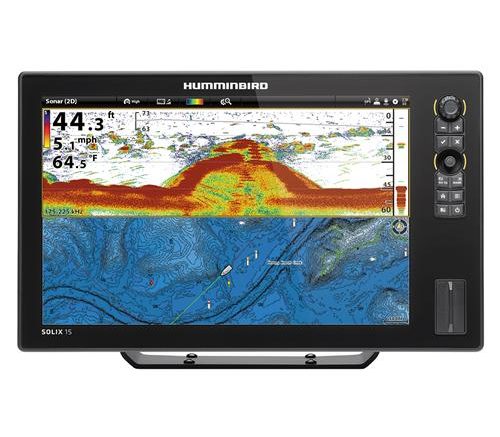GPS has revolutionized the way we get around. No more asking for directions, no more following maps… just get in and go. GPS is on our phones, it’s in our cars, planes and boats. A GPS app for a smartphone can be as little as 99¢, and one of our more expensive GPS systems is over $800.00. Is there a difference?
The most basic GPS systems do nothing more than report map coordinates. The more elaborate ones do a lot more Depending on what your needs are, you may have three or four different GPS systems.

A GPS designed for hiking needs to have altitude information. Leading someone off a cliff is simply not going to work. Not only that, GPS systems are used to help people find their way back… and so they must have a display of the trails you have walked. This sort of GPS must also be light, have exceptional battery life and be weatherproof.

Automotive GPS units have roadmaps and traffic instructions. They don’t necessarily need altitude information or topology information. They don’t need to be terribly weatherproof or accurate down to one foot. An automotive GPS makes a pretty poor walking GPS because it’s not that accurate.

If you have a GPS in your car, you may have wondered why it’s so expensive for the built-in version when you can get a handheld for $99. Built-in GPS systems have gyroscopes that compensate for losing the signal in tunnels or in city streets. A gyroscope lets the vehicle keep navigating 100% of the time with some degree of precision. Car-based GPS systems also have additional shock mounting, connections into the vehicle sound system and are built to stand up to years of use.
All GPS systems are designed to help you get from place to place. However, marine and aviation GPS systems are much more important. Whether in the sky or on the water, it can be very easy to find yourself in a situation where you have no landmarks at all. Staying where you are and waiting for help may not be an option. Not only that, but the open water is one of the harshest possible environments for any electronic component. The temperature may go up and down, water may come into the cabin, and there may be power surges.
A marine GPS has one other requirement that other systems don’t have. Just like an automotive GPS must know what road you’re on, a marine GPS should have a detailed map of the sea (or lake, or river) floor to keep you from running aground. You need an up-to-date listing of routes and rules, too. Because many of the same electronics can be used for fishfinding, marine GPS units sometimes have fishfinders built in.
Marine GPS systems are built to last and to perform under very harsh conditions. It is absolutely worth it to have a solid marine GPS. A walking GPS won’t help much because it won’t tell you about depths and routes. An automotive GPS won’t be able to do much more than give you a basic idea of your location. Either of these systems is likely to strand you the moment it starts raining, or get corroded by salt water.

The top dog of all GPS systems in the Aviation GPS. The aviation GPS is often much, much more expensive than any other system and there’s a good reason: planes are the only devices that are required by federal law to have electronic wayfinding equipment. Whether it’s a compass, a navigation radio or a GPS, these are must-have devices. The FAA is moving away from older radar-based systems to GPS technology across the US so a GPS is 100% necessary in any plane.An aviation GPS must have the same gyroscopes as a built-in automotive unit, and must be built to provide 100% trouble-free service. There’s no place in a plane to “pull off the road and check.” Aviation GPS systems plot courses, get radio transmissions from other planes, and keep detailed measurements of the plane’s position in space. They act as collision avoidance systems and navigational charts for long-distance trips.No matter what the travel need, there is a GPS system for that need. But one GPS to rule them all? That just doesn’t exist. Make sure you’re using the right GPS for the job and you’ll never get lost!


